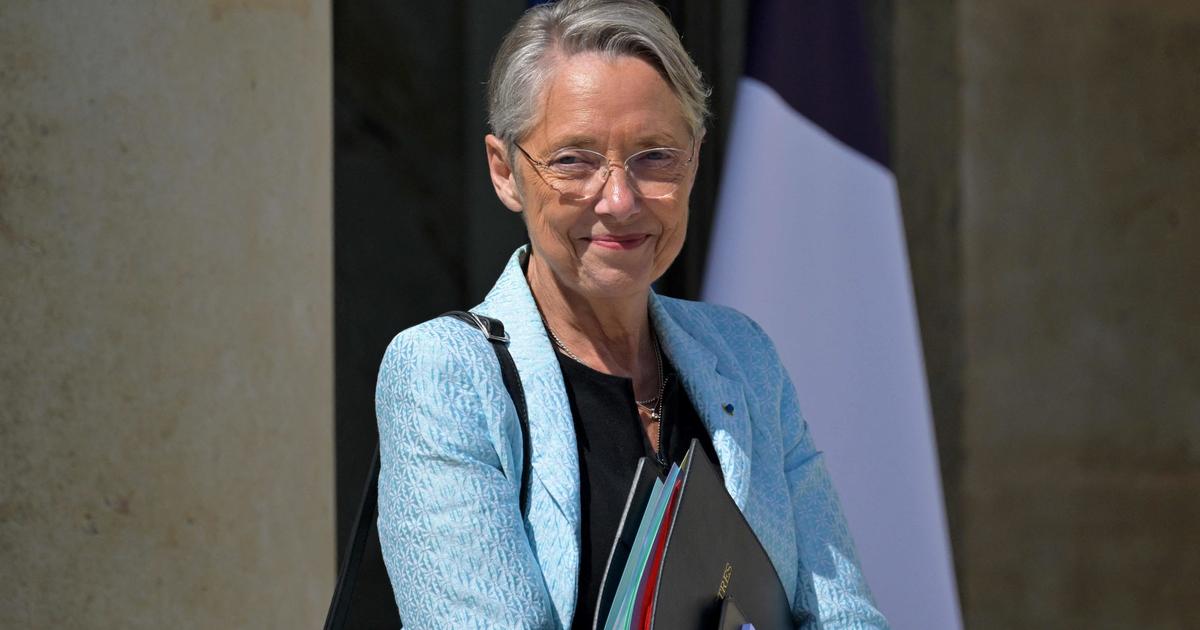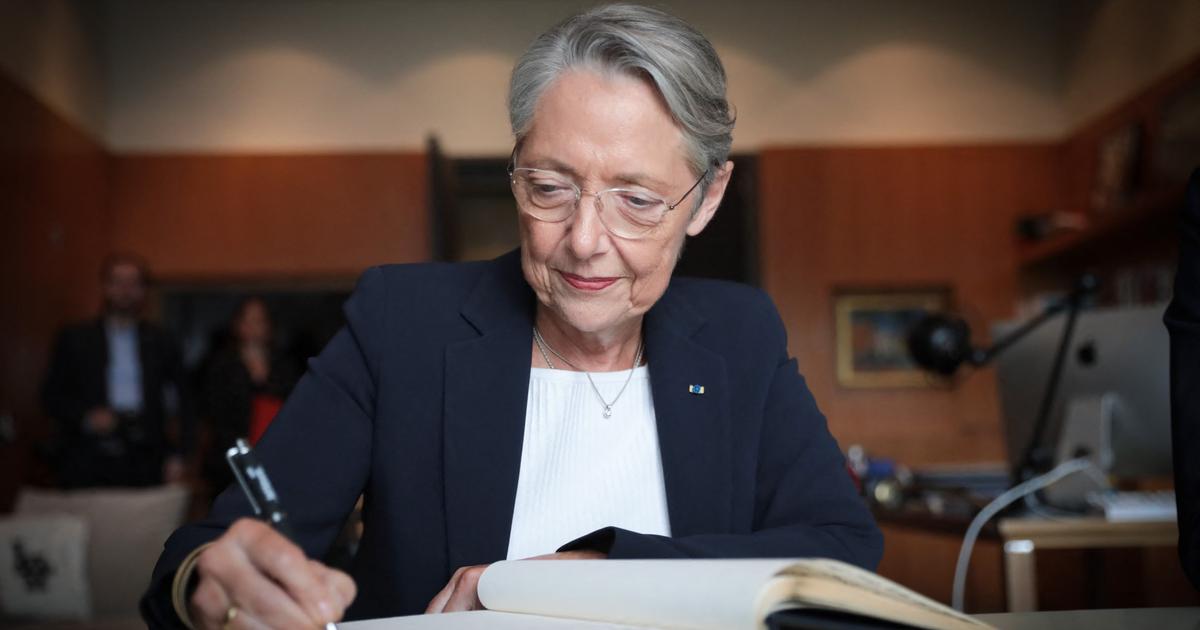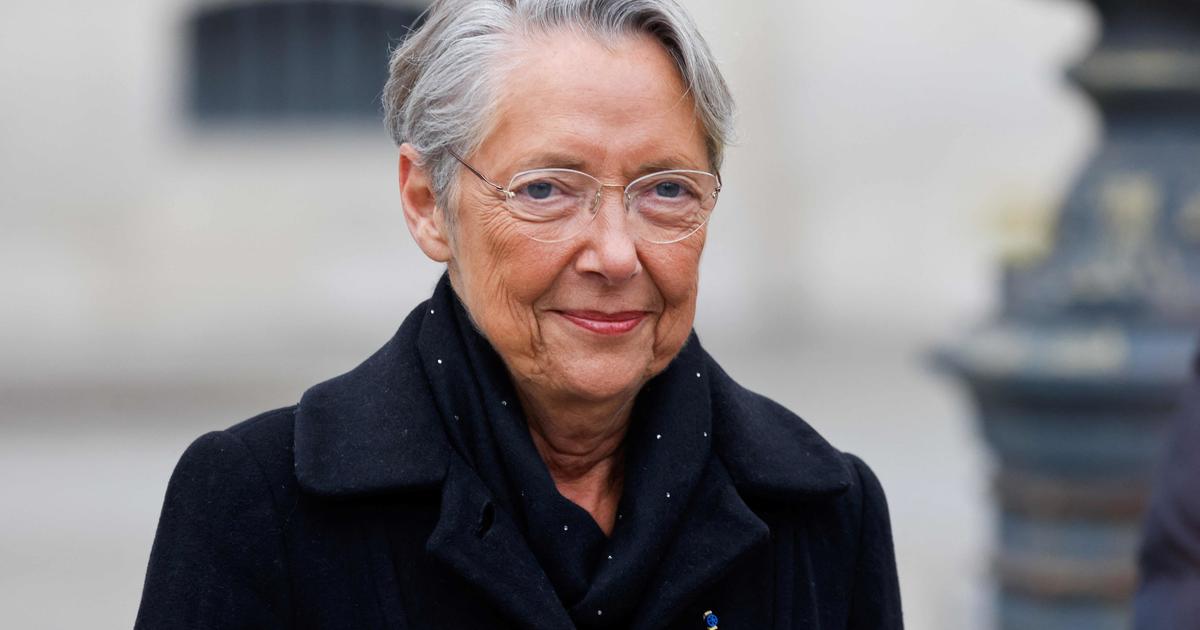Is this the end of the obstacle course for parents of young children? In 2030, the France should have 200,000 additional childcare places, according to the new strategy "early childhood" of the government which is to be detailed Thursday, June 1 by Elisabeth Borne in Angers. As a first step, the government expects to create 100,000 childcare places between 2023 and 2027 thanks to a dedicated investment of 5.5 billion euros. This issue is "a presidential priority", it is stressed to Matignon. In January 2021, Emmanuel Macron had acknowledged that the system was "out of breath". During the 2022 presidential campaign, he pledged to create a public early childhood service.
Attending the conclusions of the National Council for Refoundation (CNR) "Early childhood" alongside the Minister of Solidarity, Jean-Christophe Combe, the Prime Minister will also visit a nursery labeled AVIP, allowing parents looking for work to have a childcare place as a priority. A device that should be extended in 1000 additional nurseries by the end of the mandate. "Nearly 20% of parents do not get a childcare system, more than 160,000 do not return to work, for lack of a childcare solution for their child," lamented the head of state in early 2022.
" READ ALSO "Let's make the nursery and early childhood a great national cause"
While competences on early childhood are fragmented, the government is counting above all on the clarification of the system to reinvigorate this policy. In order to give a new impetus to the creation of places, the draft law on full employment, presented to the Council of Ministers next Wednesday, will give a leading role to municipalities with more than 3500 inhabitants. Designated as "organisers of childcare", their mission will be to identify the need for places in order to provide an adapted offer and inform families. In other words, it is on them that the future "public service of early childhood" will rest. Cities with more than 10,000 inhabitants will also have to set up an "early childhood relay" to facilitate the search for parents.
The first elements communicated by Matignon do not, however, include the term "enforceable right to custody of children". It must be said that the government still has obstacles to face before achieving its objectives. Starting with a major shortage of early childhood professionals, especially in nurseries, where 49% of structures lack arms.
However, the early childhood strategy does not rely solely on crèches. This reform "fully integrates individual care into the public service of early childhood," says the Ministry of Solidarity. And to note that childminders represent today "the majority of the stock of childcare places in France today". While 130,000 retirements are expected in the coming years, the government intends to promote "all levers of maintenance and entry into this profession". In particular, an agreement between childminders and municipalities to reserve places in advance could be put in place.
" READ ALSO Nurseries: professionals out of breath
The UNAF (National Union of Family Associations) welcomes the first measures "which go in the right direction". But also raises more questions. The municipalities, designated as "pilots", do not have "the obligation to develop and finance these modes of reception", notes Unaf. "So how will these provisions enable families to obtain a guarantee that their needs and those of their child will be met?"
Another major challenge is the quality of reception in collective structures. In April, a scathing Igas report on "institutional abuse" called for far-reaching reforms in nurseries to better prevent abuses. The Prime Minister is also expected to announce an envelope of 70 million euros dedicated to improving the reception. This sum will be dedicated to the establishment of a system of "reporting and follow-up of reports" will be introduced and to the strengthening of the control policy of crèches. The collective Pas de bébé à la consigne called on parents and early childhood professionals to demonstrate on June 6 to protest against the lack of measures to revitalize the sector.















